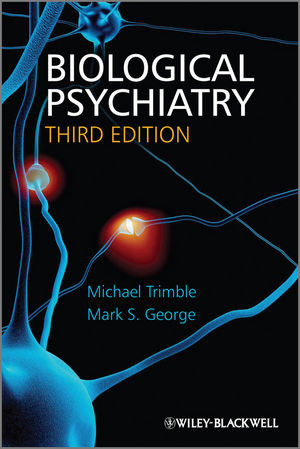

Most ebook files are in PDF format, so you can easily read them using various software such as Foxit Reader or directly on the Google Chrome browser.
Some ebook files are released by publishers in other formats such as .awz, .mobi, .epub, .fb2, etc. You may need to install specific software to read these formats on mobile/PC, such as Calibre.
Please read the tutorial at this link. https://ebooknice.com/page/post?id=faq
We offer FREE conversion to the popular formats you request; however, this may take some time. Therefore, right after payment, please email us, and we will try to provide the service as quickly as possible.
For some exceptional file formats or broken links (if any), please refrain from opening any disputes. Instead, email us first, and we will try to assist within a maximum of 6 hours.
EbookNice Team

Status:
Available4.5
39 reviewsThis edition has been enhanced by the inclusion of new chapters, one on anxiety and another on motivation and the addictions. The chapter that relates to treatments has been extended to include the latest information on brain stimulation techniques. The overall book is well illustrated in order to help with an understanding of the text.
For the third edition, Professor Michael Trimble has been joined by Professor Mark George as co-author. These are two of the world's leading biological psychiatrists who both have considerable clinical as well as research experience which they have brought to the book. Unlike multiauthored texts, it has a continuity running through it which aids understanding and prevents repetition.
This book is strongly recommended for all practising psychiatrists and trainees wishing for an up-to-date, authoritative, easy to digest and acessible review of the latest advances and conceptualizations in the field. It will also appeal to neurologists interested in neuropsychiatry and biological psychiatry or the psychiatric aspects of neurological disorders, as well as other practising clinicians (psychologists, social workers, nurses) in the mental health field.Content:
Chapter 1 Principles of Brain Function and Structure: 1 Genetics, Physiology and Chemistry (pages 1–29):
Chapter 2 Principles of Brain Function and Structure: 2 Anatomy (pages 31–63):
Chapter 3 Important Brain–Behaviour Relationships (pages 65–81):
Chapter 4 Classifications and Clinical Investigations (pages 83–111):
Chapter 5 Personality Disorders (pages 113–129):
Chapter 6 Anxiety Disorders (pages 131–145):
Chapter 7 The Schizophrenias (pages 147–181):
Chapter 8 Affective Disorders (pages 183–213):
Chapter 9 The Addictions and Disorders of Motivation (pages 215–229):
Chapter 10 Epilepsy (pages 231–256):
Chapter 11 The Dementias (pages 257–279):
Chapter 12 Biological Treatments (pages 281–329):
Chapter 13 Epilogue: Progress toward a Neuroanatomically, Biological?Psychiatrically Informed Classification Scheme in Psychiatry (pages 331–334):